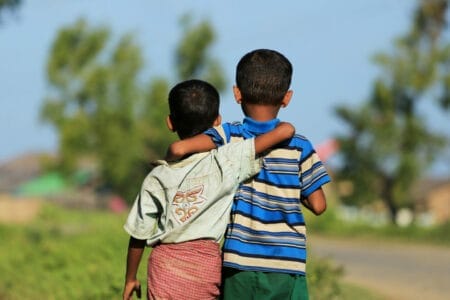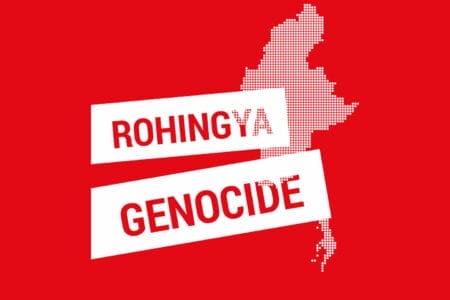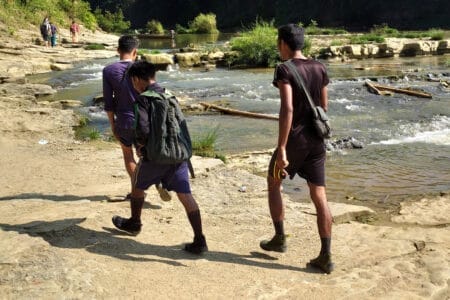Tag: MYP

Myanmar’s Rohingya People: A Documented History, Identity and Presence
While there are multiple inter-communal tensions and attacks among Myanmar’s ethnic communities, there is no other case where a group’s ancestral history and identity have been singled out for sustained and vicious assault in the same way Rohingya people have been.

FORSEA’s Zarni speaks to ABC Radio on Arakan Army’s genocide of Rohingya and Myanmar’s Civil War
Topics include the fighting across Myanmar; AA's attack on Rohingya and how it became part of the slow-burning genocide.

On BBC World Service Newsday, the renowned Burmese genocide scholar & rights activist sounds Rohingya genocide warning
Phnom Penh, Cambodia: Dr Maung Zarni, the co-author of the 2014 study "The Slow-burning Genocide of Myanmar’s Rohingya" told the BBC World Service Newsday Programme on 22 May that the genocidal process is unfolding again in Myanmar's Rakhine state, albeit the principal perpetrators are ultra-nationalist Arakan Army of ethnic Rakhins.

While inviting foreign investment in Rakhine, Arakan Army Leadership displays deep-seated genocidal racism towards Rohingya in Western Myanmar
The extreme racism that Rakhine nationalists have, over the generations, displayed – their sense of racial and religious superiority vis-à-vis Rakhine state’s largest minority population of Rohingya, largely Muslims, their dogged attempts to deny and destroy Rohingya identity – appears to be their Achilles' heel.

Myanmar NUG and Ethnic Revolutionary Organizations need to walk their talk of gender – and ethnic – equality
The adviser to the Karen National Union, Naw May Oo Mutraw, critically challenges the simplistic portrayal of, and self-serving perception, regarding the all-too-obvious exclusively male revolutionary leadership of Myanmar resistance organizations.

The Arakan Army and a “Divided Myanmar”
The spectre of a divided Myanmar is often raised, both out of a genuine fear of the consequences for everyday people or the admitted complications it would raise for international security or out of a less scrupulous desire to maintain the status quo or to challenge it out of self-interest.

US GENOCIDE RESOLUTION WELCOME, BUT ROHINGYA NEED MORE
The United States will not intercede, meanwhile, Myanmar's neighbours see it through the economic lens, so an international coalition for the Rohingya is needed.

